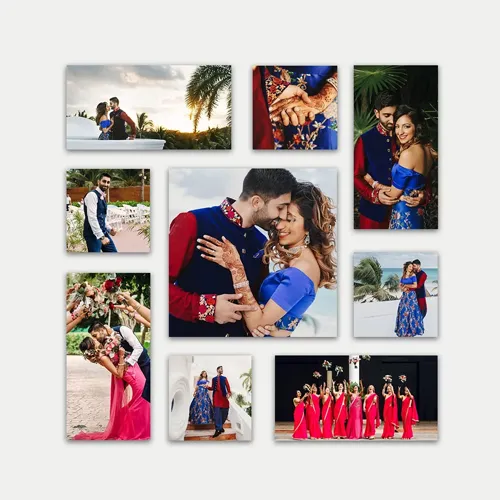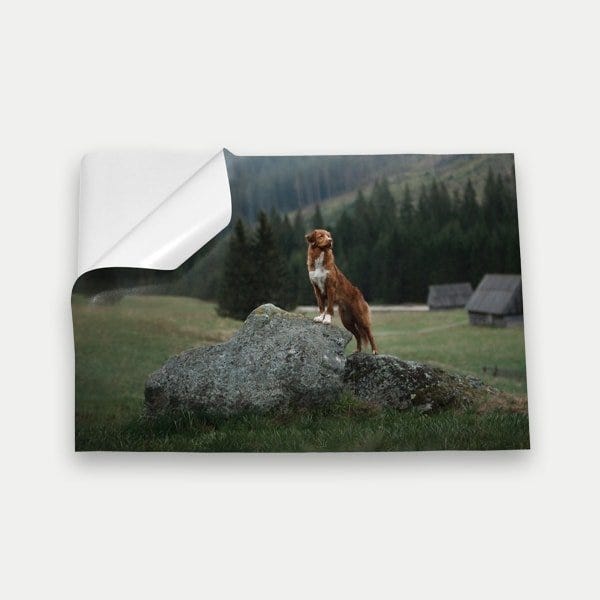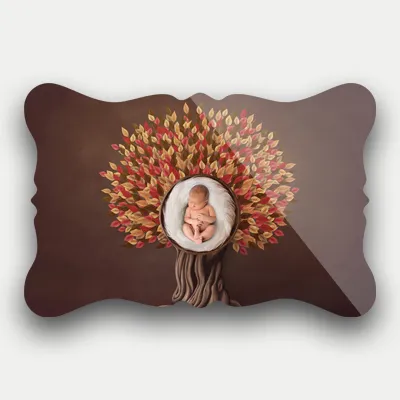Tips for Leading a Professional Photography Workshop

Professional photography workshops offer participants the chance to learn from and network with photographers who are experts in their field. These workshops can be an opportunity to grow personally and professionally, especially for those who may not have much experience as a photographer. As the leader of such a workshop, it’s important to set the tone from the beginning by establishing effective rules and creating a positive environment.
Here are some tips for leading a professional photography workshop so that everyone has an enjoyable experience.
What is a Professional Photography Workshop
A photography workshop is often a single day or multi-day event that focuses on teaching photography, often to beginner and intermediate photographers. There are many types of workshops, including seminars, retreats, classes, and content days. During a workshop, photographers can learn new skills, improve their techniques, meet people in their industry, and gain helpful feedback from instructors.
Some people use the terms “conferences,” “retreats,” and “classes” interchangeably with “photography workshops,” though these terms may have slightly different meanings. Conferences and retreats, often multi-day events, often have a narrower focus than photography workshops but may include several workshops as part of their programming.

The Benefits of Photography Workshops
If you’re considering hosting a photography workshop, it may help to consider some of the benefits of attending one. Participating in a workshop can help improve your photography skills, provide a space to network with other photographers, and give you the chance to teach others what you’ve learned. Hosting a photography workshop can also be a good way to gain exposure and build your brand.
Here are a few benefits of hosting or attending a photography workshop:
Improve Your Photography Skills
There’s always room to improve your skills as a photographer, and attending a photography workshop is a great way to do just that. You’ll have the chance to work with other photographers in a collaborative environment and learn from their expertise.

Network with Other Photographers
As you meet other photographers at a photography workshop, you’ll have the opportunity to form valuable relationships with like-minded individuals. You may even discover a new mentor or friend.
Share Your Knowledge
If you’re an experienced photographer, you may have some knowledge to share with others. Hosting a photography workshop is a great way to pass on your knowledge in a space where photographers can learn from you. It’s also a great opportunity to learn things you don’t already know from other established photographers in the industry.

Learn About Photography from Different Perspectives
In addition to learning from other photographers, you may also get the chance to learn about photography from different perspectives, such as the perspective of an agent, an editor, or a gallery owner. These perspectives can help you grow your skillset and improve your photography business.
Build Your Brand
Not only can hosting a photography workshop help you gain exposure and build your brand, but it can also be a chance to give back to your community and work with others who love photography. The result is often that your photography business attracts new clients and lands new work.
Tips on Leading a Professional Photography Workshop
As the leader of a photography workshop, it’s important to set the tone from the beginning by establishing clear rules and creating a positive environment. This will ensure that everyone is on the same page and knows what to expect from the workshop. That said, there are a few other things that can help ensure that everything goes off without a hitch.
Here are some tips for how to lead a photography workshop:

Choose the perfect location
First, you’ll need to choose the perfect location for your photography workshop. You may want to consider hosting it in a studio, a community center, or if an outdoor venue is appropriate for the class, possibly a park. Take into consideration your budget, the number of people who will attend, and the type of photography you’re focusing on.
Communicate your vision early
Before the workshop, communicate your vision for the event, including the topics you'd like to cover and the goals you're hoping to achieve. This will help ensure that everyone signing up has the same expectations for the event and that no one is caught off guard.
Establish clear expectations and rules
Next, establish clear expectations and rules for how the workshop will be run. You may want to create a contract for those who attend, outlining the expectations you’ve set. This doesn’t need to be a lengthy document; the purpose is just to ensure that everybody is on the same page about what is and is not acceptable behavior during the event.

Be a mentor, not a critic
Above all, you want to create a safe and positive space to encourage experimentation and learning among your participants. Avoid being overly critical, and instead, focus on how your attendees can improve and grow as a photographer. Try to highlight the good things that people are doing, and always temper any criticism with positive reinforcement.
Show people the value of networking
As the event draws to a close, encourage participants to network with one another by setting up times for informal networking. This is a great way for everyone to continue building connections and strengthening professional relationships long after the workshop is over.
Conclusion
A professional photography workshop can be a great way to learn new skills, meet people in your industry, and gain helpful feedback from other photographers. Hosting such a workshop is also a great way to gain exposure and build your brand.
As the leader of a photography workshop, it’s important to set the tone by establishing rules and creating a positive environment that everybody can enjoy. So, now that you know what a professional photography workshop is and why you should host one, it’s time to start planning.
Remember, the planning process is often just as important as the workshop itself. If it's your first time, then you may encounter some unexpected issues; this is perfectly normal. However, after you have hosted one or two workshops, you will work out all the kinks, and before long, you'll be a seasoned pro that other photographers admire and look up to.























